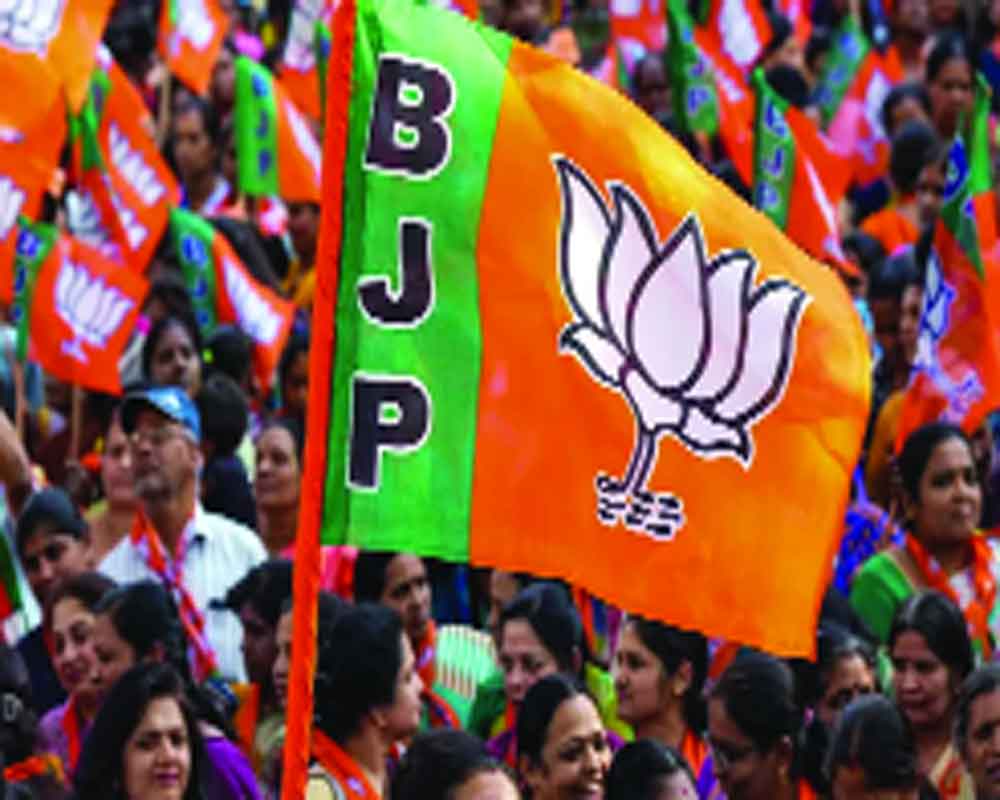BJP replaces a significant number of sitting MPs with new faces to enhance its voter appeal
In a strategic move aimed at tackling anti-incumbency and heighteniing its electoral appeal, the BJP has made an unusual shift in its nomination process: The party has dropped over 20 per cent of its sitting MPs in the upcoming elections. This move, while seemingly risky, reflects the ruling party’s proactive approach in addressing voter discontent. Anti-incumbency, or the tendency of voters to feel dissatisfied with their chosen representatives and opt for change, can seriously affect a party’s poll prospects. Over time, entrenched power can lead to complacency and perceived administrative inertia. Therefore, parties often grapple with the challenge of mitigating the anti-incumbency sentiment. However, the move appears strange this time as the BJP is confident of securing more than 370 seats in the Lok Sabha. Worldly wisdom says that sidelining 100-plus sitting MPs can create a disgruntled group in its ranks, which can be equally detrimental for the party. Such ‘rebels’ work at cross purposes with party interests. On the other hand, the decision means that the BJP acknowledges the prevailing voter mood. By opting for fresh faces and new voices, the party aims to present itself as responsive to public sentiment. This strategic manoeuvre reflects its commitment to adaptability and willingness to embrace change in pursuit of electoral success.
Several other factors may also have contributed to the BJP’s decision. One, demographic shifts and evolving socio-economic dynamics necessitate a recalibration of political strategies. As constituencies evolve, a party must ensure that its candidates are in tune with the electorate’s aspirations. Besides, internal assessments and feedback mechanisms may have highlighted areas where incumbent representatives were perceived as underperformers. Through its nomination overhaul, the BJP aims to prove that it is responsive to feedback, and promote accountability within its ranks. As the Opposition intensifies its campaign to capitalise on any perceived BJP weakness, the latter recognises the importance of maintaining its electoral edge. The BJP is poised to prioritise several issues in its campaign strategy, including highlighting its record in development and governance, emphasising achievements in economic growth and infrastructure projects. But the BJP’s trump card is the leadership of Prime Minister Narendra Modi. His charisma, decisive leadership and a clear vision for future is what the BJP would heavily bank upon. Given such an impressive array of issues to encash, if one were to look at the move from the other side of the fence, it was perhaps an unnecessary move as the Lok Sabha voting is generally for the party and the leader; a candidate’s credentials are generally the last thing on the minds of voters. The decision to drop the sitting MPs in large numbers hints at a streak of apprehension within the party’s ranks.


























